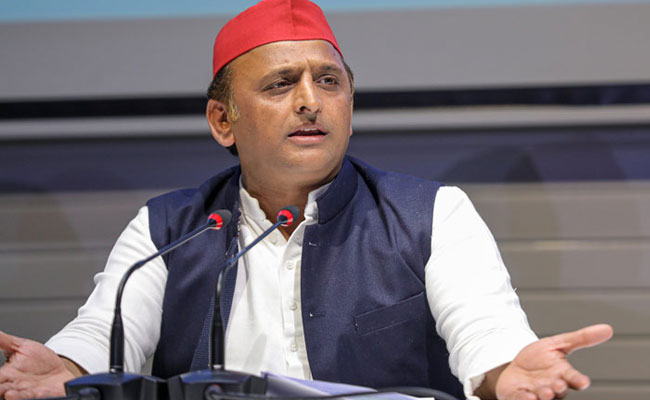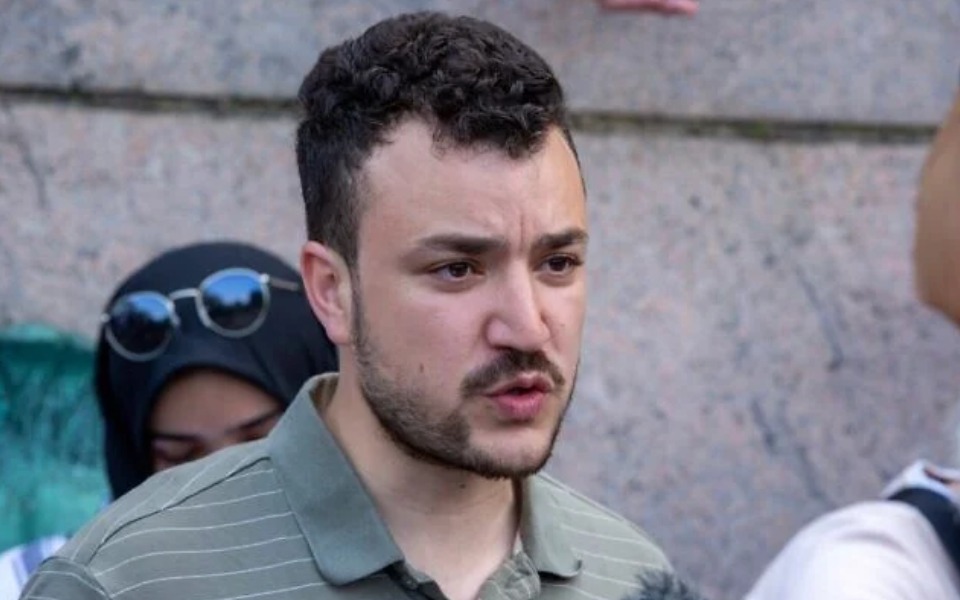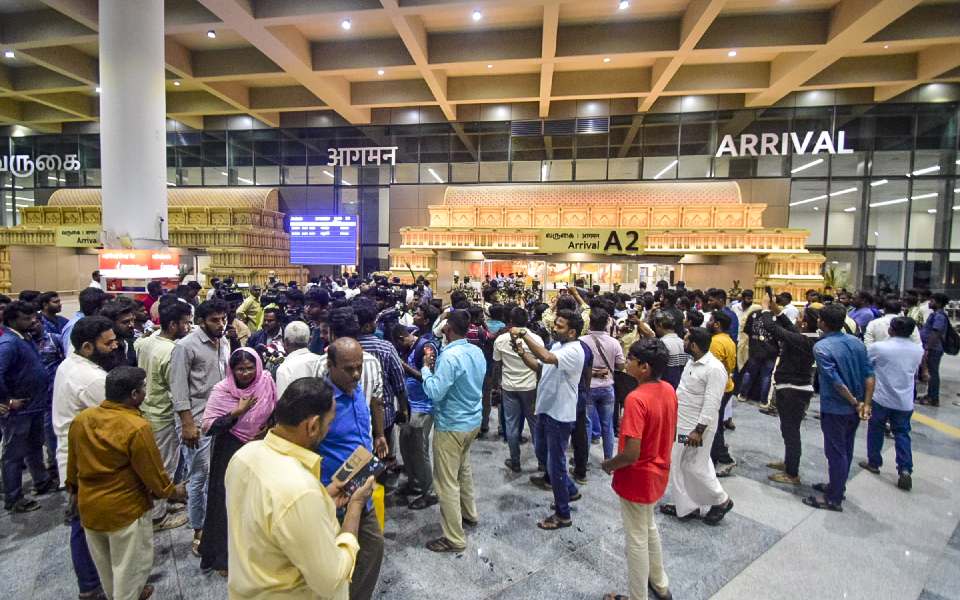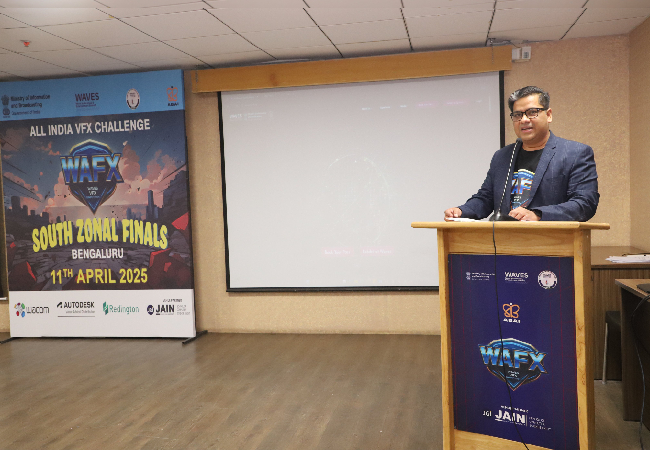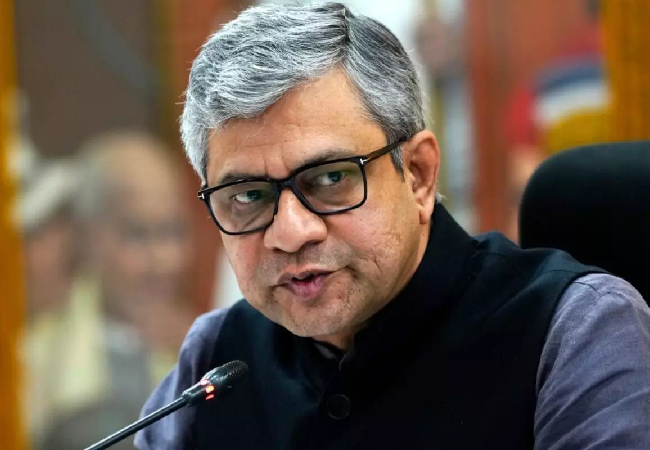Lucknow (PTI): Samajwadi Party chief Akhilesh Yadav has said organisations that spread hatred in the country and society should be banned.
Yadav's statement on Friday comes in the wake of the Congress promising action against the Bajrang Dal and the Popular Front of India if it wins the assembly elections in Karnataka.
In a statement issued by the Samajwadi Party, he said there was a time when Sardar Vallabhbhai Patel banned the RSS.
"Inflation and unemployment are at their peak during BJP rule. Development has stopped," Yadav said and added, "Organisations that spread hatred in the country and society should be banned. There was a time when Sardar Vallabhbhai Patel had banned the RSS as well."
In its election manifesto for Karnataka released on Tuesday, the Congress stated that it is committed to taking firm and decisive action against individuals and organisations such as the Bajrang Dal and the Popular Front of India "spreading hatred" among communities on grounds of caste and religion.
The action will include a "ban" against such organisations, the party promised.
Karnataka goes to the polls on May 10.
Let the Truth be known. If you read VB and like VB, please be a VB Supporter and Help us deliver the Truth to one and all.
Jena (US), Apr 12 (AP): Columbia University graduate student Mahmoud Khalil can be kicked out of the US as a national security risk, an immigration judge in Louisiana has found during a hearing over the legality of deporting the activist who participated in pro-Palestinian demonstrations.
The government's contention that Khalil's presence in the United States posed “potentially serious foreign policy consequences” was enough to satisfy requirements for his deportation, Immigration Judge Jamee E Comans said at the conclusion of a hearing in Jena on Friday.
Comans said the government had “established by clear and convincing evidence that he is removable”.
Lawyers for Khalil said they plan to keep fighting and will seek a waiver. And a federal judge in New Jersey has temporarily barred Khalil's deportation.
Khalil, a legal US resident, was detained by federal immigration agents on March 8 in the lobby of his university-owned apartment, the first arrest under President Donald Trump's promised crackdown on students who joined campus protests against the war in Gaza.
Within a day, he was flown across the country and taken to an immigration detention centre in Jena, thousands of miles from his attorneys and wife, a US citizen who is due to give birth soon.
Khalil's lawyers have challenged the legality of his detention, saying the Trump administration is trying to crack down on free speech protected by the US Constitution.
US Secretary of State Marco Rubio has cited a rarely used statute to justify Khalil's deportation, which gives him power to deport those who pose “potentially serious adverse foreign policy consequences for the United States”.
At Friday's hearing, Khalil attorney Marc Van Der Hout told the judge that the government's submissions to the court prove the attempt to deport his client “has nothing to do with foreign policy”.
Earlier this week, Comans challenged the government to share proof that Khalil should be expelled from the country for his role in campus protests against Israel and the war in Gaza. She said if evidence does not support his removal, she would “terminate the case on Friday”.
On Friday, Justice Department attorneys said in papers filed in federal court in Newark, New Jersey, that Comans would not have the authority to immediately free Khalil.
They said an immigration judge could determine if Khalil is subject to deportation and then conduct a bail hearing afterward if it is found that he is not.
Khalil isn't accused of breaking any laws during the protests at Columbia. The government, however, has said that noncitizens who participate in such demonstrations should be expelled from the country for expressing views that the administration considers to be antisemitic and “pro-Hamas,” referring to the Palestinian fighter group that attacked Israel on Oct 7, 2023.
Khalil, a 30-year-old international affairs graduate student, had served as a negotiator and spokesperson for student activists at Columbia University who took over a campus lawn last spring to protest Israel's military campaign in Gaza.
The university brought police in to dismantle the encampment after a small group of protesters seized an administration building. Khalil is not accused of participating in the building occupation and wasn't among the people arrested in connection with the demonstrations.
But images of his maskless face at protests, along with his willingness to share his name with reporters, have made him an object of scorn among those who saw the protesters and their demands as antisemitic. The White House accused Khalil of “siding with terrorists,” but has yet to cite any support for the claim.
Federal judges in New York and New Jersey have ordered the government not to deport Khalil while his case plays out in court.
The Trump administration has said it is taking at least $400 million in federal funding away from research programmes at Columbia and its medical centre to punish it for not doing enough to fight what it considers to be antisemitism on campus.
Some Jewish students and faculty complained about being harassed during the demonstrations or ostracised because of their faith or their support of Israel.
Immigration authorities have cracked down on other critics of Israel on college campuses, arresting a Georgetown University scholar who had spoken out on social media about the Israel-Gaza war, cancelling the student visas of some protesters and deporting a Brown University professor who they said had attended the Lebanon funeral of a leader of Hezbollah, another fighter group that has fought with Israel.

